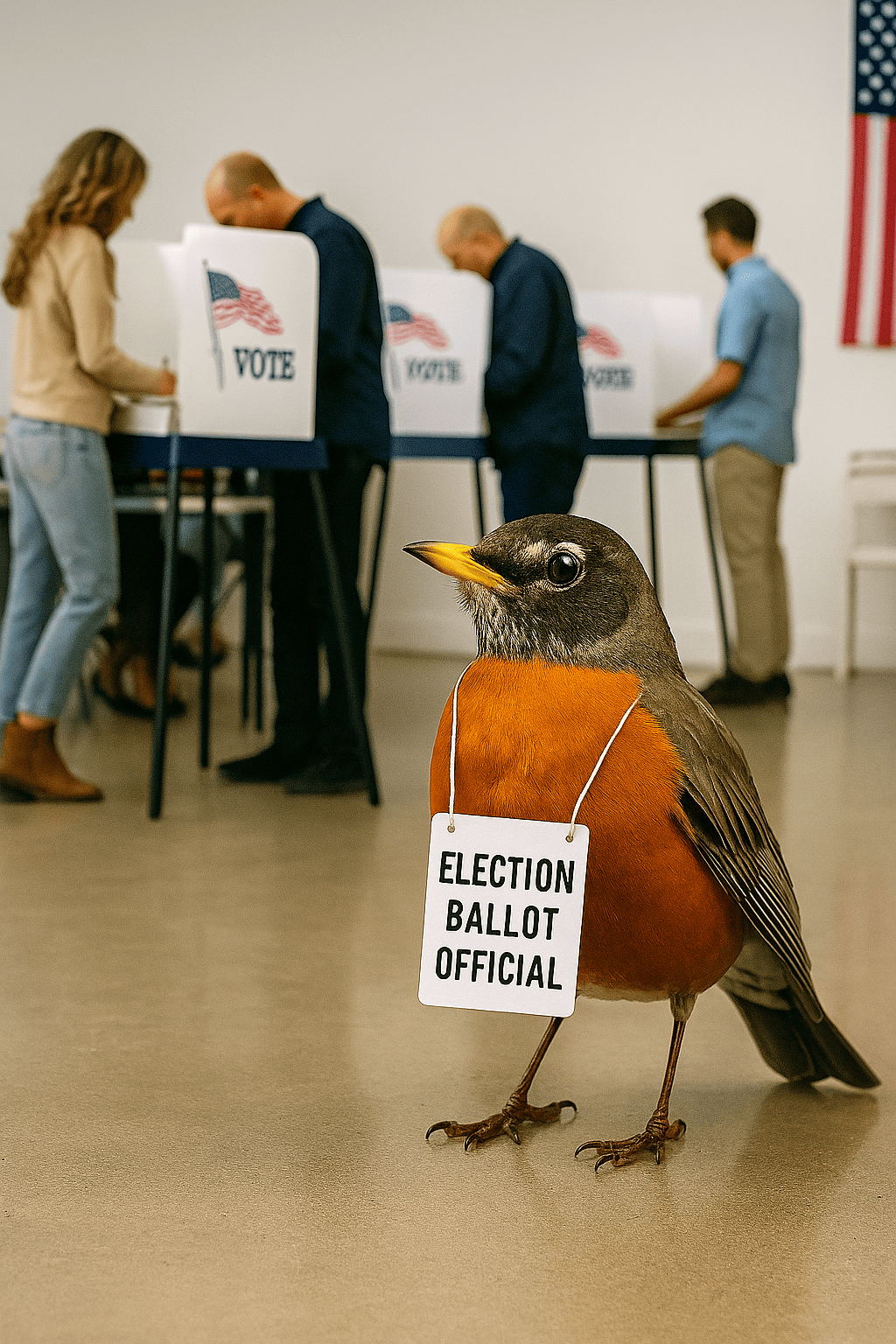
Boat ownership offers freedom, adventure, and countless memories on the water. However, many new boat owners face sticker shock when they encounter expenses beyond the initial purchase price.
Understanding the hidden costs of owning a boat you should know helps you budget appropriately and avoid financial surprises down the road.
Storage and Docking Fees Eat Away at Your Budget
Storage costs are among the most significant ongoing expenses of owning a boat. Marina slips can cost anywhere from $1,500 to $10,000 per year, depending on the location and size of your vessel. While dry storage facilities are often more affordable, they may restrict your access to the water.
Here are a few quick tips to help you choose the best storage option for your needs:
- Research seasonal vs. annual rates
- Consider shared slip arrangements
- Factor in waiting lists at popular marinas
Many boat owners overlook winter storage requirements, which can add thousands to annual costs.
Insurance Premiums Go Beyond Basic Coverage
Boat insurance is quite different from auto coverage, with standard policies generally costing a small percentage of the boat’s value per year. However, opting for comprehensive coverage—such as salvage, wreck removal, and personal property protection—can significantly raise premiums.
Factors such as weather-related damage, theft, and liability claims can further increase costs in certain regions. You should also consider that older boats or those lacking proper safety equipment often come with higher rates.
Maintenance and Repairs Drain Your Wallet
Regular maintenance prevents major breakdowns but requires consistent investment. Engine servicing, hull cleaning, and winterization procedures can cost hundreds of dollars annually. Emergency repairs can reach thousands without warning.
Common Maintenance Expenses:
- Oil changes and tune-ups
- Hull bottom painting
- Canvas and upholstery replacement
- Electrical system repairs
Professional service rates often exceed automotive repair costs due to specialized knowledge requirements.
Fuel Costs Add Up Faster Than Expected
Recreational boats consume a surprisingly large amount of fuel compared to cars. Most powerboats get just 2-6 miles per gallon, and larger boats can burn through even more. A weekend trip can easily cost you $200-$500 in fuel expenses.
Fuel prices also tend to spike during peak boating season, making trips even pricier. On top of that, the farther your favorite destination is, the more those fuel expenses add up. That said, be sure to calculate the costs before fueling up.
Equipment and Upgrades Create Ongoing Expenses
Safety equipment must be regularly replaced and updated. Legal regulations specify expiration dates for items like life jackets, flares, and fire extinguishers. Electronics can become outdated, leading to expensive upgrades to keep them functioning and maintain their resale value.
Boat lifts offer benefits such as protecting your boat's hull, lowering maintenance expenses, and preventing marine growth buildup. Although these systems require substantial initial investment, they offer long-term savings by minimizing wear and tear. Before heading on your trip, check if the following need upgrades:
- Navigation electronics
- Safety gear replacement
- Fishing equipment
- Water sports accessories
Many owners underestimate these ongoing equipment needs when calculating total ownership costs.
Understanding these financial realities helps prospective boat owners make informed decisions before making their purchase. While boating provides incredible experiences, preparing for the costs of boat ownership prevents budget strain and enhances your time on the water.
Bio: Casey is a passionate copyeditor highly motivated to provide compelling SEO content in the digital marketing space. Her expertise includes a vast range of industries from highly technical, consumer, and lifestyle-based, with an emphasis on attention to detail and readability.

























